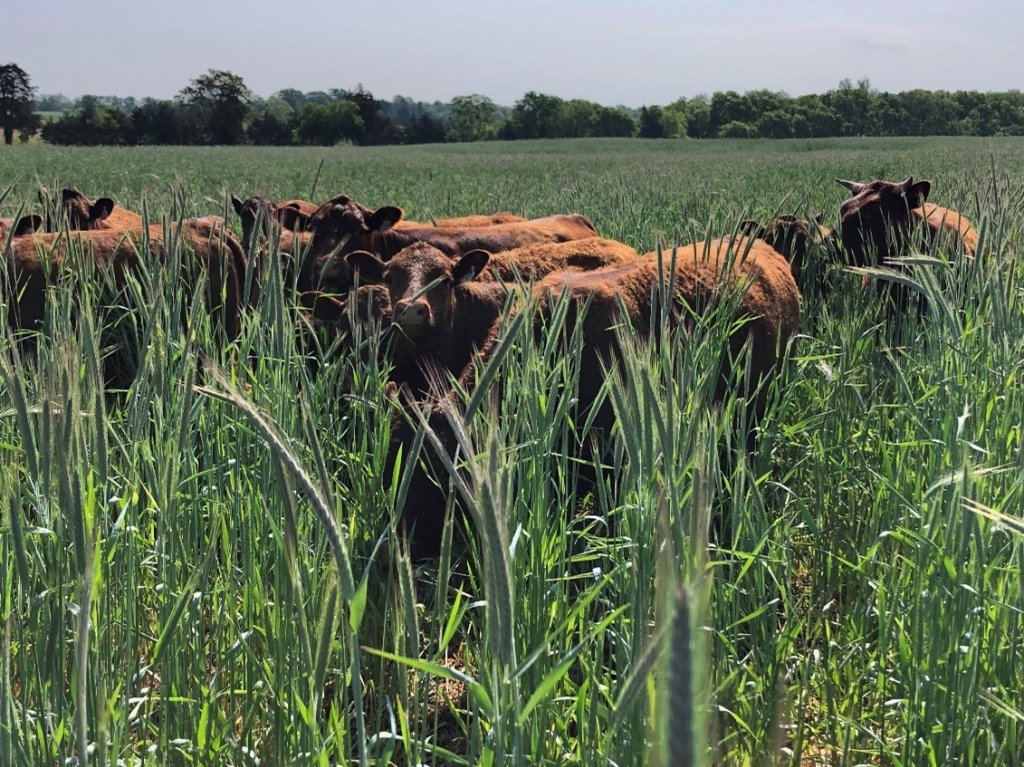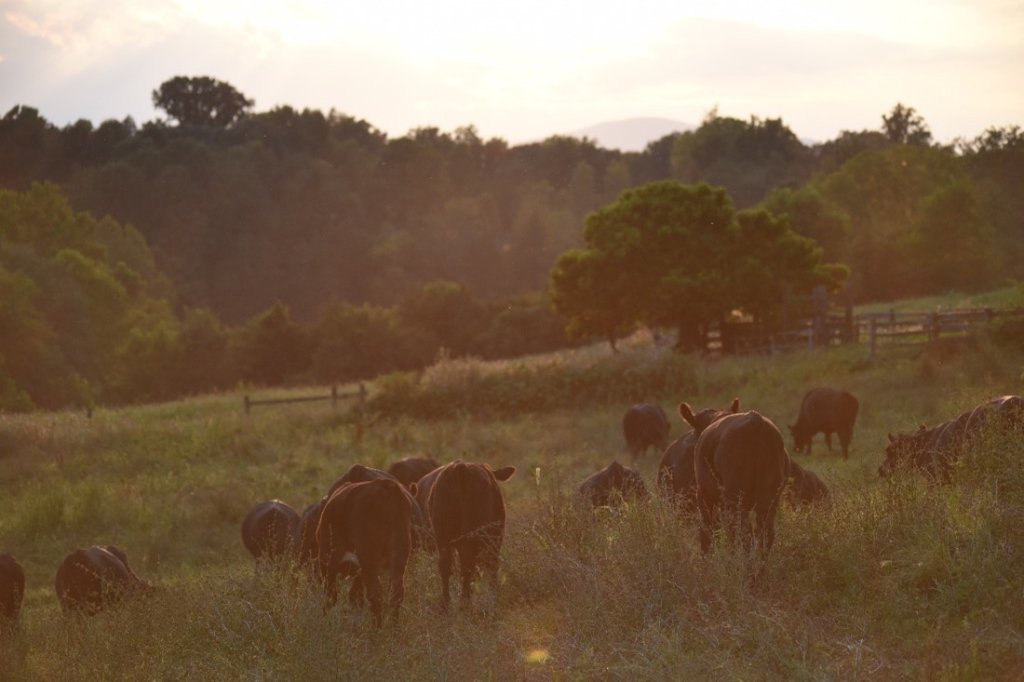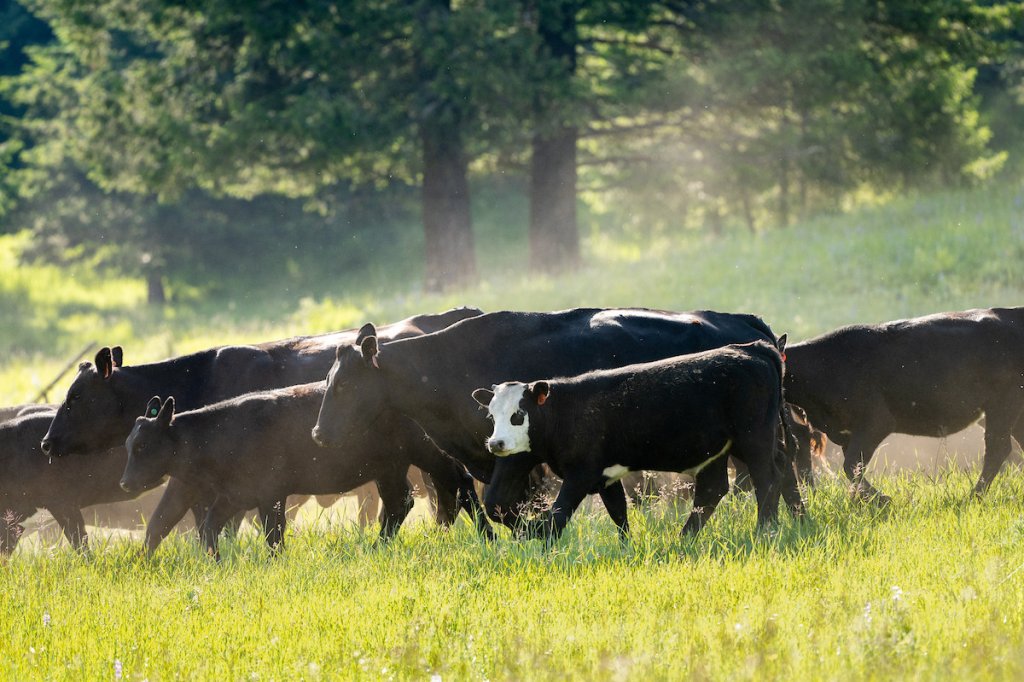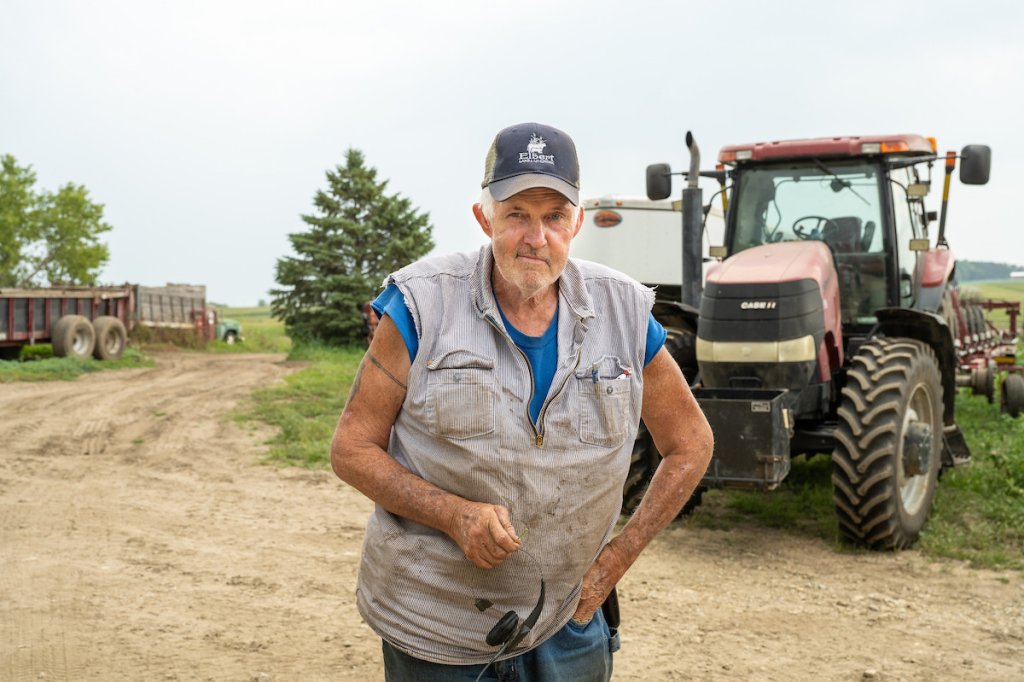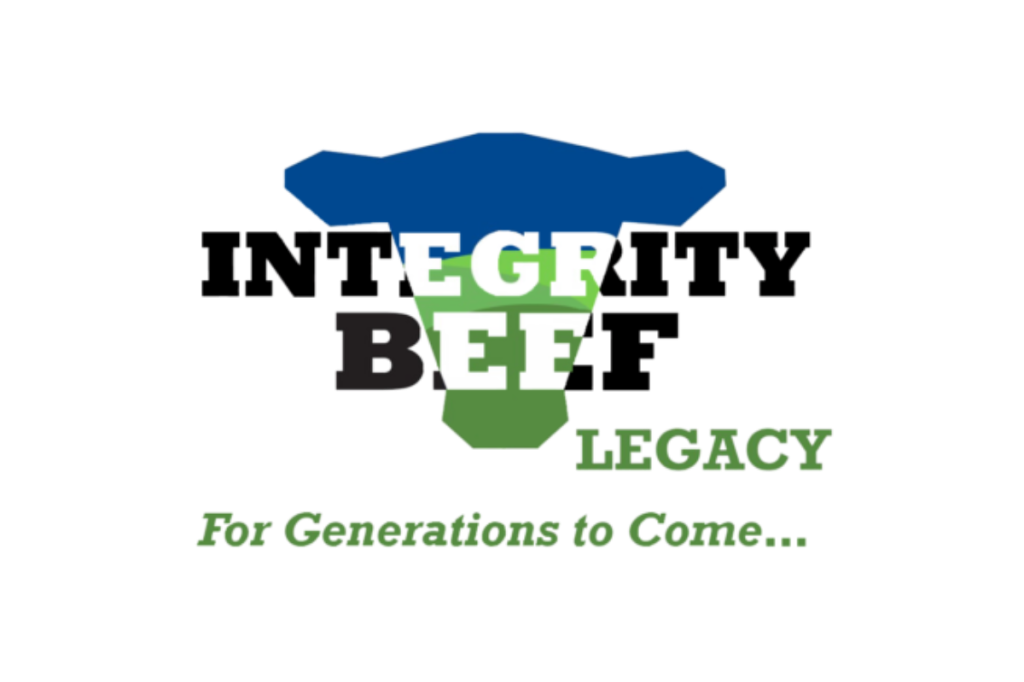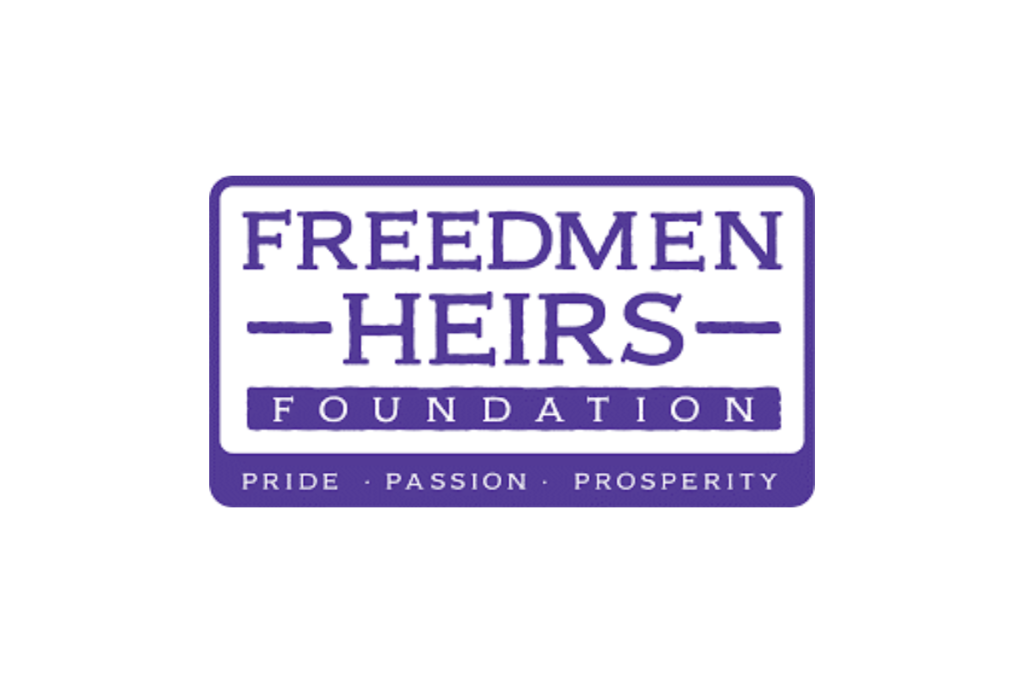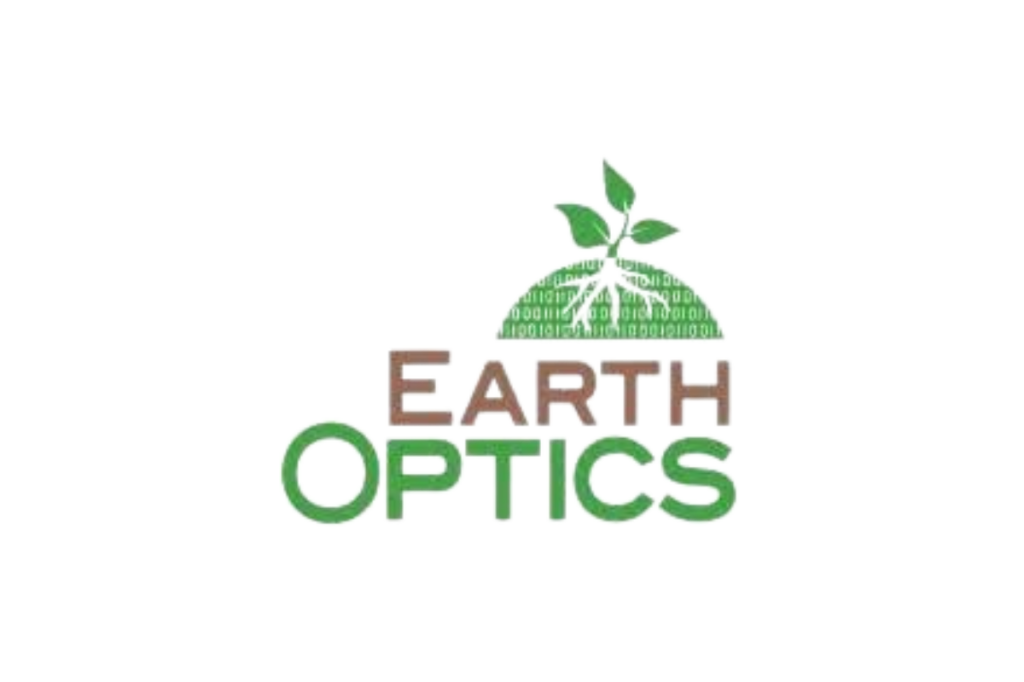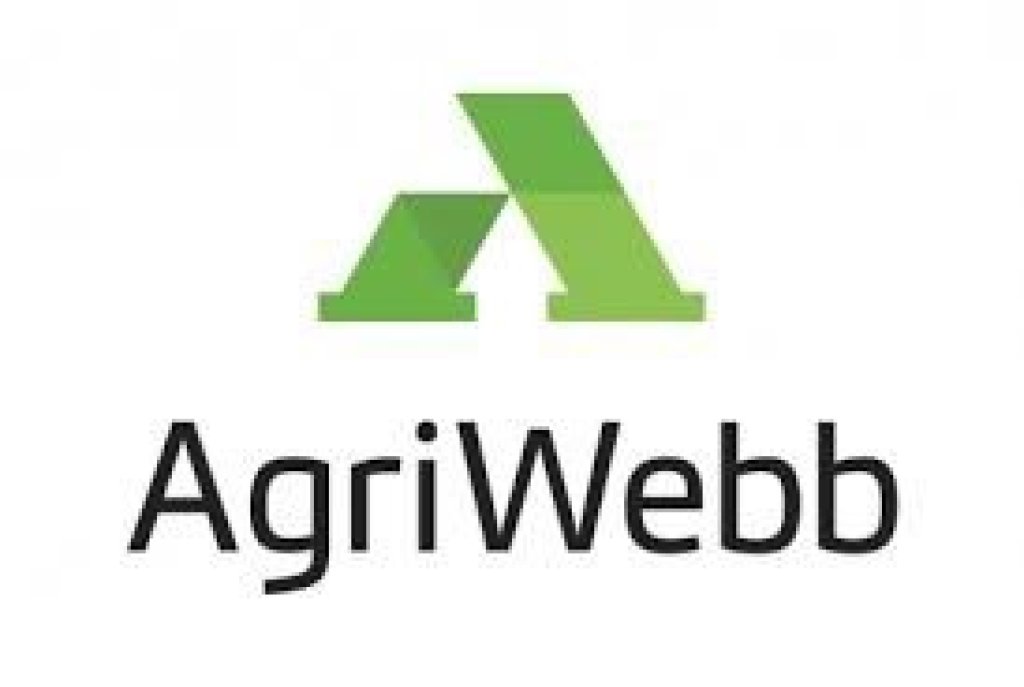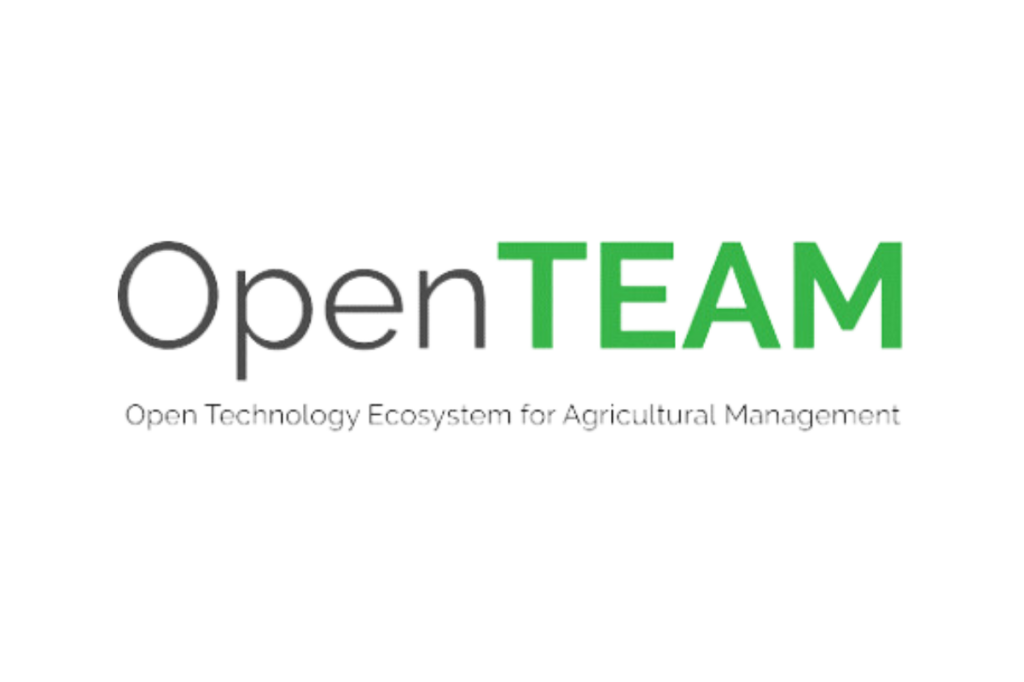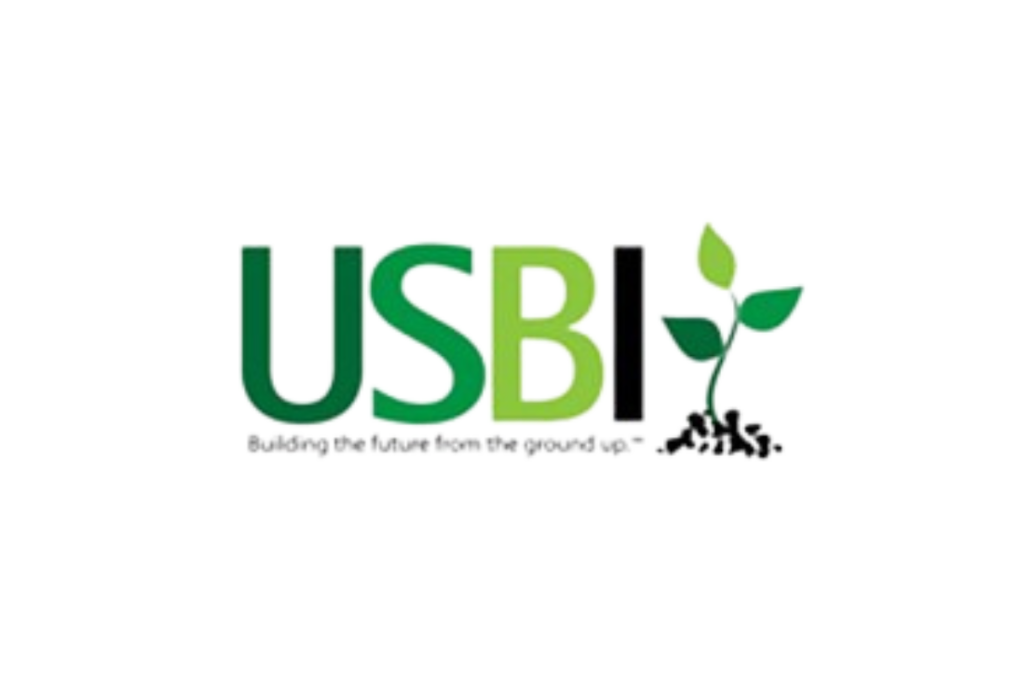Climate-Smart Beef
Partnering with U.S. beef producers to create lasting climate-smart beef markets
In September of 2022, American Farmland Trust and its 15 partners were recipients of a $30 million Partnerships for Climate-Smart Commodities grant as part of the flagship USDA program to reduce emissions in the production of agricultural commodities and to create new markets for climate-smart agricultural products. Our project focuses on climate-smart beef production, with the goal of increasing the adoption of low-emissions grazing and land management practices, fine-tuning measurement, monitoring, reporting, and verification (MMRV) of these practices, and developing the market for climate-smart beef for producers. Our project focuses on meeting the needs of small-scale and historically underserved producers, who comprise the majority of our network at each stage of the process. We will meet these producers’ needs by building and growing existing technical assistance and mentorship programs, creating locally adapted, transparent MMRV, and helping producers reach new markets through the Integrity Beef Alliance and other opportunities.
This project builds upon and scales up multiple existing and highly successful pilot efforts that have followed beef production from farm to table and built technical assistance into peer-to-peer farmer networks through mentorship programs. The expansion of this project will help produce climate-smart beef for all levels of markets—from direct sales through local farmers’ markets to regional distribution channels and national and global consumer-facing food companies.

.jpg)
